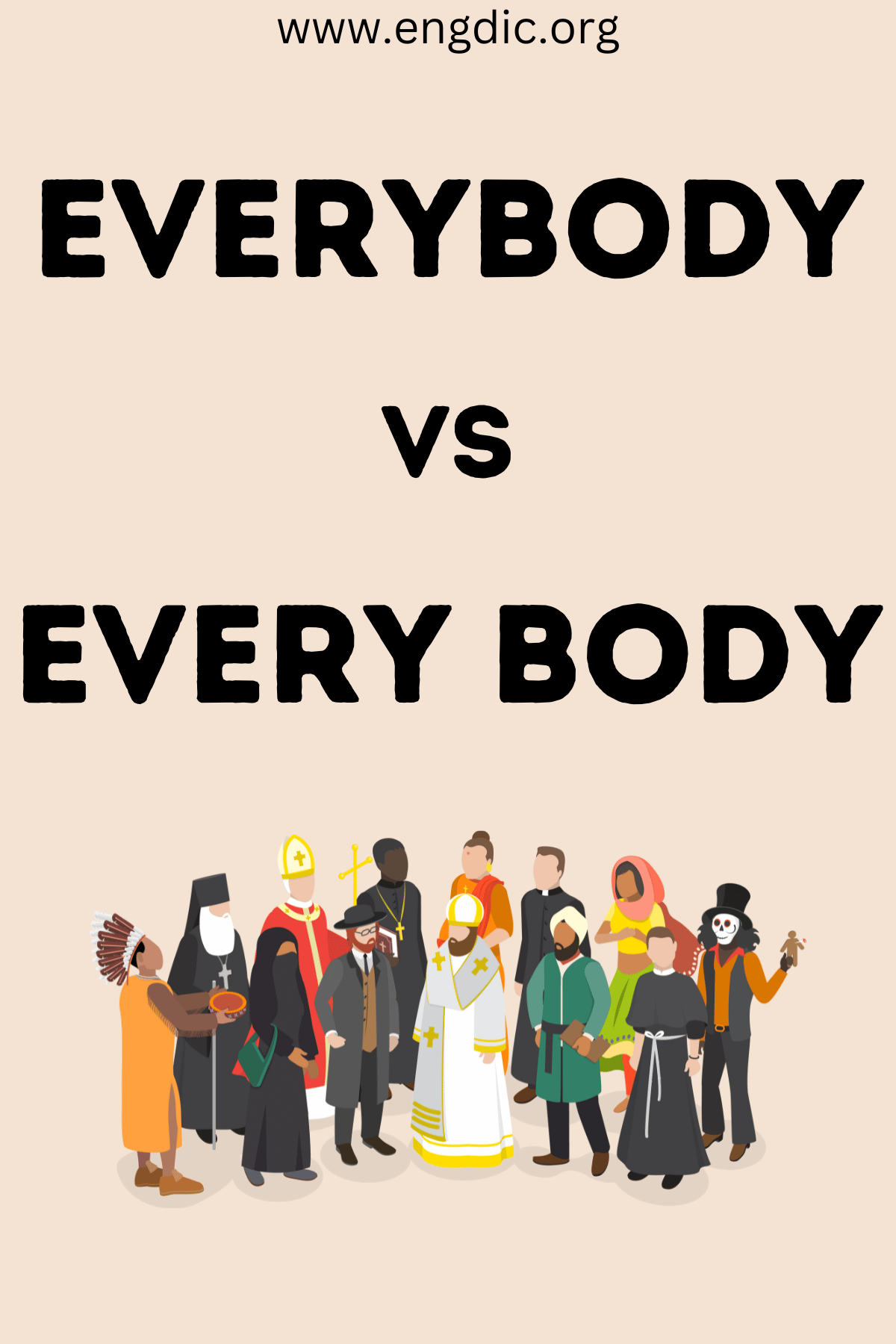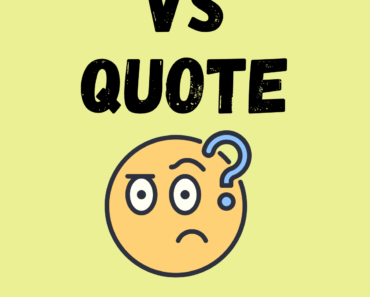When it comes to the English language, seemingly small differences can significantly change the meaning of a phrase. This is the case with “everybody” and “every body.” Although they sound similar, they are used in distinct contexts. Let’s explore their differences:
1. Meaning and Usage
- Everybody:
- Meaning: “Everybody” is an indefinite pronoun, equivalent to “everyone,” and it refers to all persons in a group.
- Usage: It is used when referring to all people within a certain context or group.
- Example: “Everybody at the conference must wear a badge.”
- Every Body:
- Meaning: “Every body” is a phrase that consists of an adjective “every” and a noun “body.” It literally refers to each individual body.
- Usage: It is typically used in more literal or scientific contexts, where the physical human body or a body of another type (like a governing body) is discussed.
- Example: “Every body in the anatomy class was examined for the study.”
2. Grammatical Function
- Everybody:
- Acts as a pronoun. It can be the subject or object of a verb and does not accompany a noun.
- Example: “Everybody was excited to see the new movie.”
- Every Body:
- Acts as a noun phrase, where “every” is a determiner specifying each individual body mentioned.
- Example: “Every body in the morgue was identified.”
3. Contextual Clarity
- The choice between “everybody” and “every body” can affect the clarity of a sentence. Using one in place of the other can lead to confusion about whether the speaker is referring to people generally or specifically to individual bodies.
4. Common Mistakes
- A common error is using “every body” when “everybody” is intended. This usually happens because the speaker thinks of “everybody” as a combination of “every” and “body,” which isn’t the case.
5. Examples in Sentences
- Everybody:
- “Everybody needs a little time away.”
- “Did everybody understand the instructions?”
- Every Body:
- “Every body was moved to the cooler for preservation.”
- “The law applies to every body of water in the country.”
Understanding the difference between “everybody” and “every body” helps in communicating more effectively and precisely. The key is to remember that “everybody” is about people in general, and “every body” emphasizes individuality, often in a more literal or specific sense.







